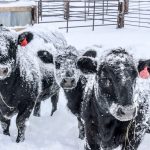
Tag Archives Horse Health

The seasonally ‘itchy’ horse
Horse Health: It’s not just humans that suffer through allergy season
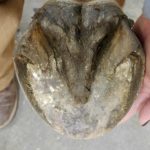
Forging the frog of the equine foot
Horse Health: This structure must be nurtured naturally for horse health

Shwetz: The equine weekend warrior
Overdoing it on the weekend is not only applicable to humans

Care required when introducing the horse to spring pastures
Horse Health: Too-rich forage before acclimation can lead to discomfort and health issues
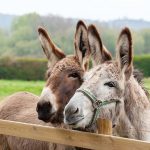
Donkeys have unique needs
Horse Health: These long-eared characters were built for harsh environments
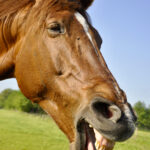
Emotional health an important issue for horses
Horse Health: These complex emotional creatures have a subtle language of their own to express their feelings

Take the two-week grain-free challenge
Horse Health: Sometimes saying no is the best way to express affection to your horse

How does a horse stay warm in the winter?
Horse Health: The natural coping mechanisms of horses should be encouraged rather than suppressed
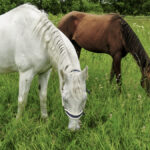
Forage the key to healthy horse diet
Horse Health: Marketing campaigns plant doubts about importance of natural diet
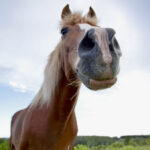
The nose knows: the sense of smell in horses
Horse Health: This often-overlooked sensory system is a major contributor to horse well-being



